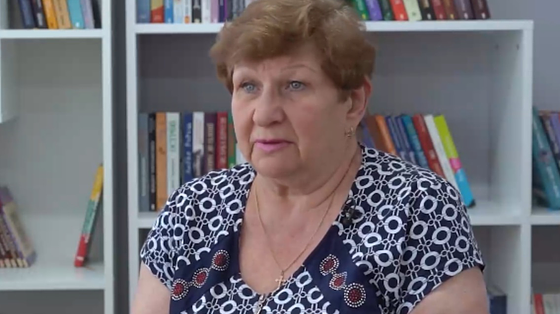Serhii Shevchenko is engineer, port worker, Mariupol resident. He gave most of his life to his hometown: he worked in the Shyrokyne fishery, in the Mariupol commercial sea port, was engaged in the construction business, raised children. And then – the war.
In the first minutes of a full-scale invasion, he received a message: Kyiv is under fire. But he understood the full depth of the tragedy only when the first missile attacks sounded over them and his wife Marina in the Prymorskii district. "My legs gave out. We didn't even get in the car – we just ran back into the entrance, as if into our native fortress," recalls Serhii.
They went down to the bomb shelter – a classic one, dating back to the 50s. At first there were about a dozen of them, then dozens. Dusty air, cramped, lack of oxygen. Serhii started going up at night – just so as not to lose himself. And then – the wife's cough. That cough that reminds you of diseases that slowly destroy a person. And then he realized: "If I don't do something, I'll lose Marina."
They went to their mother-in-law's empty house. There was no gas, but there was a stove. Serhii melted it – and for the first time in many days, warmth returned to the house. Real warmth – physical and human. They survived. And even organized a mini-commune: they extracted industrial water from the basements of an abandoned construction site, and took care of survival together. People came to them from all over the area.
And then the almost impossible happened. Just on the street, a guy approached Serhii: "They're looking for you." For the first time in many days, Serhii felt hopeful.
On March 16, 2022, they left the russian encirclement: three cars, a few women, a cat, a few bags. Through the broken streets of Mariupol, through broken checkpoints, through military inquiries and monasteries with hot water – they reached Zaporizhzhia. And from there – to a new life.







.png)



